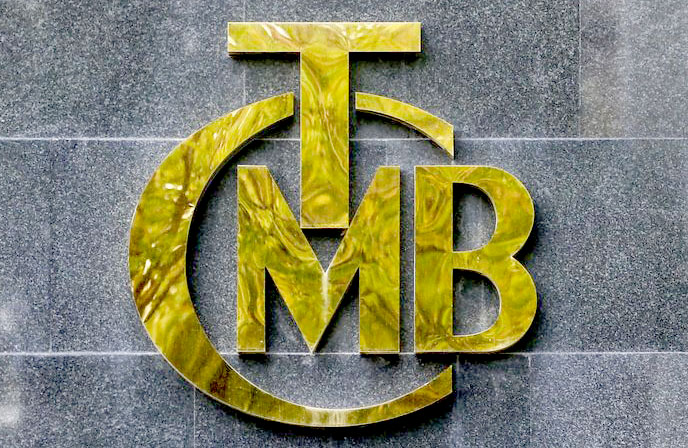“Despite Disappointment Over Turkey’s Rate Hike, Investors Maintain Interest for the Time Being”

Turkey may have left us a bit letdown with rate hikes for the second time in a row, but don’t worry folks, global investors are still holding their breaths. They’re banking on a fresh influx of cash, a cooling domestic credit scene, and soaring currency reserves to give this bruised emerging market some time to breathe.
The number-crunchers pushed up interest rates by a hefty 250 basis points, bringing it to 17.5% under the fresh leadership of Hafize Gaye Erkan, Turkey’s new Central Bank Governor. They’re moving away from the once-favoured low-rate strategy of President Tayyip Erdogan, promising to keep tightening the purse strings.
You might be thinking, “Hey, that’s still quite a bit below inflation, which is soaring close to 40%!” And you’d be right. But as our fund managers and analysts point out, at least they’re headed in the right direction.
Nick Eisinger, a big player in the emerging markets scene at Vanguard, reassures us that Turkey is likely safe from any large-scale balance of payments issues for the moment. “It’s a tough call on when the pressure will kick back in, but I reckon it won’t be anytime soon.”
Meanwhile, Turkey’s international bond prices are holding steady, notching up multi-month highs, with short-term bonds barely dipping below par.
Investors are gambling on the government pulling out all the stops to dodge a recession before local elections roll around in March. And they’re rethinking when to expect further crucial rate hikes, according to Liam Peach from Capital Economics.
“There’s a whopping gap between rates and inflation, but investors still trust this new strategy,” Peach points out. “They can stomach a slow and steady tightening cycle if the key rate hits 30% by year-end.”
Foreign investors still hold a good chunk of international bonds, but they’ve been shy with the domestic ones, given the wild ride the Turkish lira has been on. But that’s beginning to change, says Paul McNamara of GAM Investments. He suggests that slowing domestic credit growth may signal that Turkey’s leaving behind the feverish growth that sparked recent economic roller coasters.
“If credit growth continues to simmer down, we’re growing more bullish on Turkey,” McNamara admits. “We haven’t invested yet, but we’re definitely getting closer.”
Recently, the central bank slapped a 15% minimum reserve requirement on FX-protected lira deposits. Bankers estimate that’ll drain a staggering 450-500 billion Turkish lira from the market.
So, things are looking up. Central bank reserves are on the rise, reaching $13.25 billion as of mid-July, bouncing back from record lows after the bank stopped propping up the lira. The currency’s had a tough time, dropping more than 30% this year and hitting a record low against the dollar.
All eyes are now on Thursday’s central bank inflation report, the first under Erkan’s leadership and her first press conference since her appointment. Emre Akcakmak from East Capital says, “We’re expecting a solid plan, especially with the mounting inflation pressure.”
JPMorgan has upped its inflation forecast for Turkey after the rate hike, now projecting year-end inflation at 57%, up from 50%.
But on the brighter side, new money flowing in is offering a lifeline. A summer boom in tourism will give hard-currency revenues a boost. And there’s keen interest in more details on new loans from the Gulf, after the UAE and Turkey signed off on several deals worth an estimated whopping $50.7 billion.
“We’re still in the dark about when and how the money will flow in, but it’s definitely going to help,” says Cagri Kutman from KNG Securities. “That’s why people are still willing to give the government the benefit of the doubt.”





